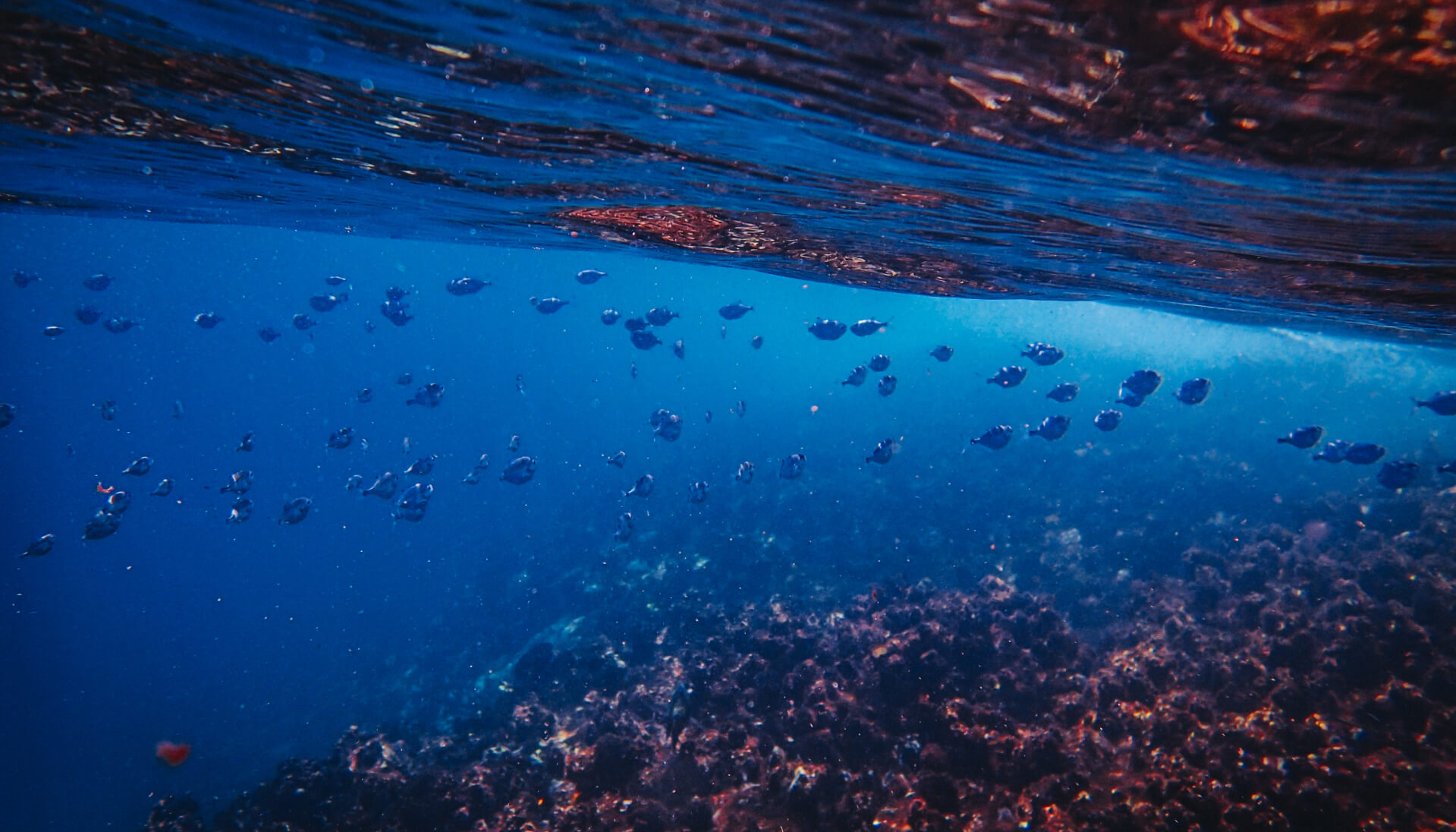Scuba Diving
Scuba Diving- We Operate in 4 Slots Daily- 08.00 AM - 10.30-Am - 1.30PM 3.30 pm
- You will be diving with Padi Certified Dive Master and Instructors Only
- All our staff in the sea is trained and certified in Emergency First aid and Rescue
- We have an experience of more than 20,000 Dives since 2018
- We are the first Dive Center of Gujarat and our ratings and reviews speak for us
- All the Equipment we use is standard and is serviced regularly
- We have the best air compressor and we take care of the air you breathe.
- Diving Videos are complimentary and we shoot everyone that dives, you can download your videos from google drive (Link on home page)
Frequently Asked Questions (FAQ)
Scuba diving is an unforgettable adventure, but if it’s your first time, you probably have many questions. Don’t worry—We’ve got you covered! we’ll answer the most asked scuba diving FAQs in a way that’s easy to understand and perfect for beginners. Let’s dive in!
Scuba diving is a form of underwater exploration where you use specialized equipment, including an air tank and breathing apparatus, to stay immersed for extended periods. Unlike other water sports activities, scuba diving opens the door to a world of coral reefs, shipwrecks, and marine biodiversity, offering both recreational enjoyment and opportunities for research and conservation.
Yes, scuba diving is safe when conducted with proper training and adherence to safety guidelines. Dive centers like Samudra Adventures in Pondicherry follow rigorous safety protocols, including pre-dive briefings, equipment checks, and supervision by certified instructors. Modern technology has made diving safer than ever with reliable gear and training programs.
For beginner experiences like try-dives, swimming skills are not mandatory. Non-swimmers can still enjoy scuba diving with a guide holding their hand throughout the dive. However, for certifications and more advanced dives, basic swimming skills are required for safety and independence underwater.
Children as young as 10 years old can start diving under programs like PADI’s Junior Open Water Diver. These courses are designed to teach young divers in a controlled and safe environment, making diving an excellent family activity.
do-I-need-to-be-physically-fit-to-try -scuba-diving
Not really. Basic fitness is sufficient for recreational diving. You’ll need to be comfortable walking with some gear and swimming gently underwater.
No, for recreational experiences, certification is not required. However, if you want to dive deeper than 12 meters or dive independently, certifications like PADI Open Water Diver or SSI Open Water are essential.
A try dive basically consists of giving you an introduction to what scuba diving is, in Shivrajpur we mostly do try dives for beginners and that consists of
- Briefing you by our dive masters/ instructor about how to approach diving
- You will complete basic formalities like filling a form etc
- The suit and equipment is given to you and explained by the diver
- The diver takes you to the platform for dive and basic rules and signs are explained
- You are taken for a guided dive where our divemaster/instructor will give you a oneto one experience of the diving
- Your videos are taken and you are gifted the same at the end to download from the drive
Yes, Divine Scuba offers try dives for beginners, where a guide accompanies you throughout the dive. It’s a great way to experience scuba diving without committing to a full course.
A medical check-up isn’t always mandatory, but you’ll fill out a health questionnaire. If you have conditions like asthma, heart issues, or epilepsy, consult a doctor and inform the dive center.
Scuba diving is not recommended during pregnancy due to potential risks from pressure changes and gas absorption on the fetus.
During training, you’ll learn how to clear a flooded mask. You simply tilt your head back, press the top of the mask, and exhale forcefully through your nose.
Firstly you will not run out with us as during try dives the dive master regularly checks the air tanks and is always with you in case of any equipment emergency. You are Safe!!!
Running out of air is rare if you monitor your tank regularly. However, in an emergency
- Use your dive buddy’s alternate air source (octopus).
- Perform a controlled emergency ascent.
- Always stay calm and signal your instructor or buddy immediately.
- Training dives teach you how to handle such situations effectively.
If you’re prone to seasickness, a few simple steps can help you feel more comfortable:
- Take non-drowsy motion sickness medication before diving.
- Stay hydrated and avoid greasy foods before the trip.
- Focus on the horizon while on the boat.
If you’re feeling uncomfortable underwater, don’t panic. Follow these steps:
- Signal to your instructor or dive buddy using established hand signals.
- If it’s a small issue (like equalizing ear pressure), take it slow and try to fix it.
- If you’re feeling anxious, indicate that you need to ascend slowly to the surface.
- Dive instructors are trained to assist with any discomfort, ensuring you stay safe and calm throughout the experience.
There are no sharks in or anywhere near Shivrajpur:
While movies and myths portray sharks as aggressive, the reality is that shark attacks on divers are extremely rare. Most sharks are harmless and shy away from humans. In fact, spotting a shark during a dive is considered a thrilling and memorable experience by many divers.
With Try dive… max 35 to 40 feet.:
Beginners typically dive to a maximum depth of 12 meters (40 feet). This range offers plenty of marine life and scenic beauty without exceeding safety limits.
A basic try dive in Shivrajpur costs around ₹2,500 per person, inclusive of training, equipment, and an instructor-guided dive. Discounts or packages may be available for group bookings.
With Divine Scuba.. discounts are always available and flash on the website itself.
While not mandatory for beginner dives, dive insurance is recommended for certified divers. It covers risks like decompression illness, emergency evacuation, and equipment damage.
Flying after diving can cause decompression sickness due to changes in atmospheric pressure. Wait at least 12 hours before boarding a flight, depending on your dive depth and duration.
Scuba diving involves physical exertion, prolonged focus, and the body adjusting to pressure changes. It’s normal to feel tired after a dive. Stay hydrated and rest post-dive.
We give your diving videos as gift from us and the same can be downloaded from our drive (Link on Website).
Underwater photography or videography is a popular way to capture your dive. Many dive centers offer professional videography services. Divine Scuba provides stunning underwater shots which are included in the package.
Yes, but you must follow surface intervals between dives to allow your body to off-gas excess nitrogen. Your dive computer or instructor will guide you on the recommended interval.
After a beginner dive, you can enroll in an Open Water Diver Course to gain certification. From there, pursue advanced courses, specialty dives (e.g., night diving or wreck diving), or marine conservation programs..
Scuba diving is a transformative experience that combines adventure with a connection to the underwater world. With proper preparation and guidance, your first dive in Pondicherry or anywhere else can be unforgettable.

